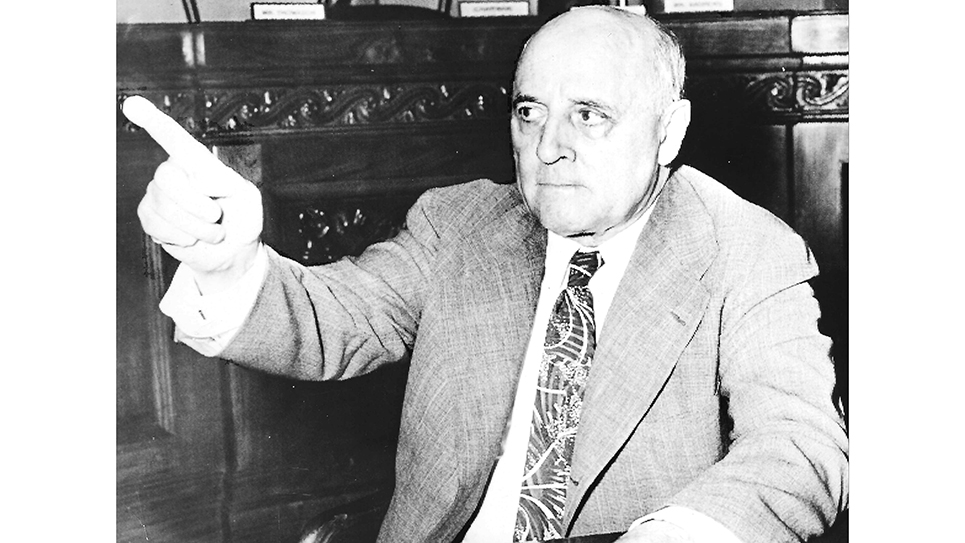There’s been a lot written and said about the proposed deal with the government of Iran. Clearly, this particular deal is going to have serious repercussions for decades to come. It is also clear there aren’t enough votes in the U. S. Senate to override President Obama’s expected veto of the Republican-sponsored resolution condemning the deal.
The accord between the United States and Iran is much more than that; it is a recognition on the part of the American government of Iran becoming a legitimate member of the international community of nations. It is a major shift in U. S. policy as our country has long feared the notion of Iran becoming a nuclear power and with good reason. The sanctions enacted by our government against Iran would be lifted if Iran stopped its own nuclear program.
Eventually, we dropped the idea of forcing Iran to drop its nuclear program to a curious policy of saying it was all right for the Iranian government to go ahead with building nuclear reactors. While we would admit the Iranian government could build its own reactors, the U. S. insisted they could not use the reactors to enrich nuclear fuel. You see, enriched nuclear fuel is the key ingredient for building nuclear weapons. That policy underwent yet another revision when the United States agreed the Iranians could enrich nuclear fuel, but only under certain circumstances and very strict guidelines. Once again, our policy was further revised to agreeing our imposed strict guidelines would expire some time in the future.
As horrible as the notion of Iran having nuclear weapons is, we are supposed to be reassured by the agreement reached by Secretary of State John Kerry. The lynchpins of our relief and reassurance are supposed to be verification, monitoring on our part of Iran, and expressed consequences for violations.
The debate in Congress is centered around the loopholes in the proposed treaty. For instance, the Iranians have 24 days once we decide an inspection is warranted. Folks could hide a lot in 24 days.
For all the tough talk about “consequences”, it amounts to nothing more than the U. S. telling on Iran and reporting the Iranian government to the United Nations Security Council. That tattle-telling might lead to further sanctions against the Iranian government. Yet, there is also argument raging about the wording of the agreement and there are some respected foreign policy experts who believe that even if the U. N. Security Council re-imposes sanctions, any previous agreements and contracts between countries and the Iranian government are still in force.
The accord is mighty complicated and basically it comes down to one thing: trust. Should we trust the Iranian government? Can we trust the Iranian government?
It’s a big leap of faith to think the Iranians regard us with a shred of affection. Even if we ratify this agreement, I don’t doubt for a second that the Iranian government will have a particle of a warm feeling for us or our country.
Still, our options are few. If the U. S. rejects the treaty, Iran is free to do as it pleases unless we are willing to go to war. Any war between the United States and her allies and Iran would have to be swift and total, as otherwise the Iranians would have every reason to accelerate its nuclear program and successfully develop nuclear weapons. If the U.S. insists upon maintaining and increasing the sanctions against Iran, it may be that our allies will not abide by them. Many of our allies trade more with Iran than they do us.
Politically speaking, it is interesting to note that many Democrats are uneasy about Jewish voters becoming distressed over the security of Israel. No country on earth has been more closely allied to Israel than the United States. There are huge voting blocs of Jewish voter in states important to Democrats; New York, California, and Florida. New York Senator Chuck Schumer, the presumed Democratic Leader in the U. S. Senate after Harry Reid’s departure, has already announced his intention to oppose the treaty.
For decades Americans have supported Israel. Millions of Americans, especially Christians, have believed that Jews were indeed “God’s chosen people.” As church attendance and faith ebbs, so may America’s support for Israel.
None of the options available to the United States are ideal, but I sure can’t get the idea of Iran having nuclear weapons out of my head. Governments run by religious zealots of any kind make me mighty uneasy. When the Middle East becomes an armed nuclear arsenal, it will literally become the powder keg it’s been known to be for decades.
I’m not sure any of us are going to sleep better at night no matter what happens.







